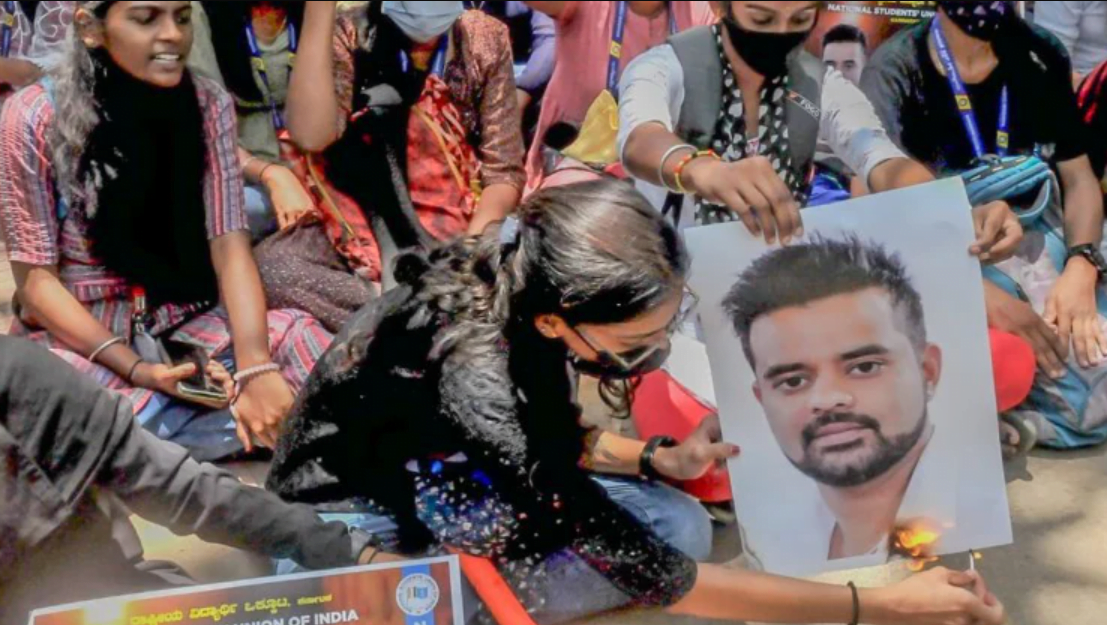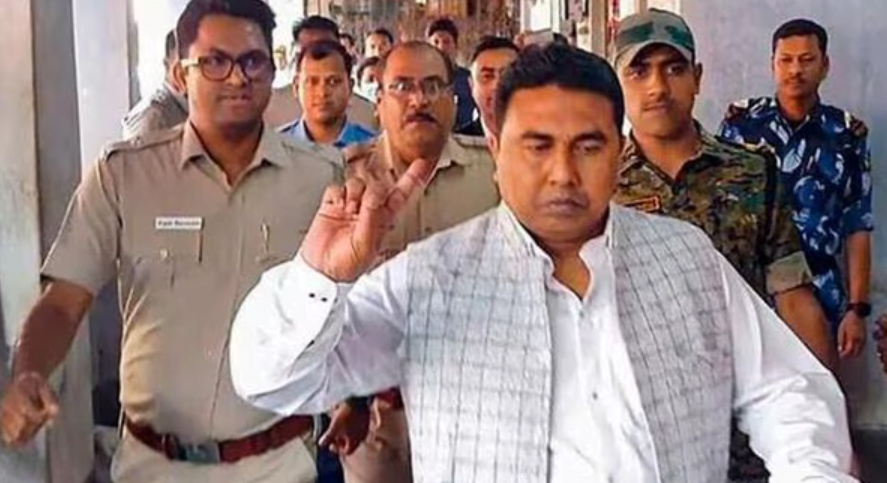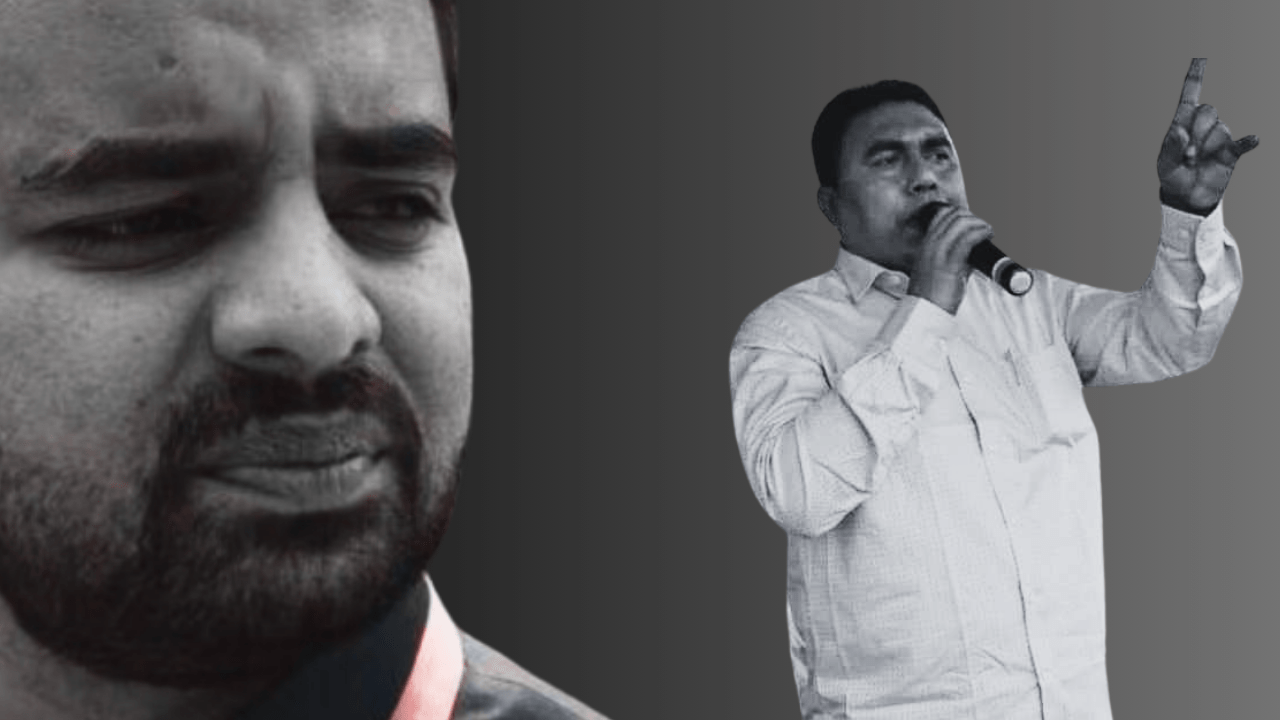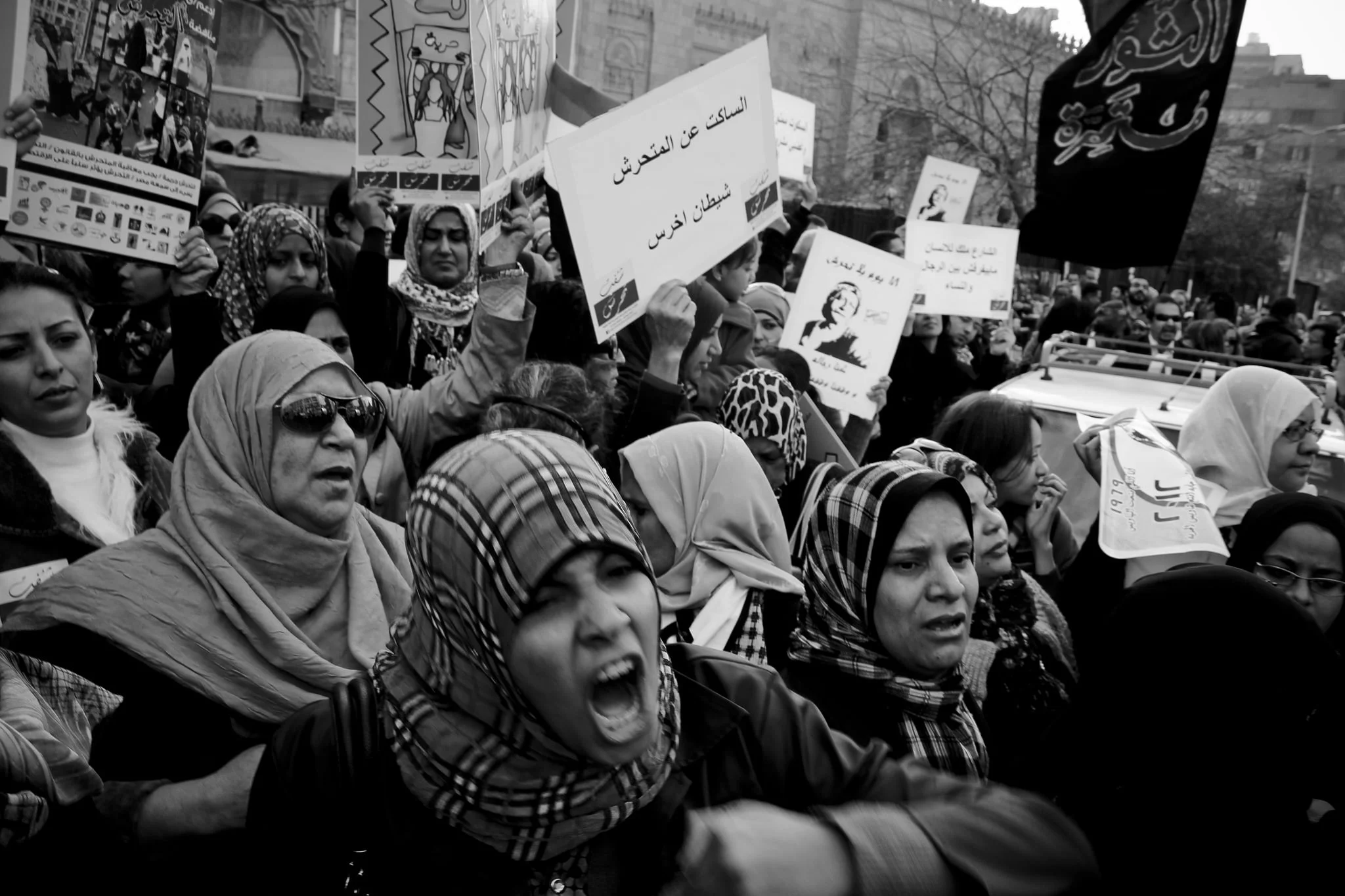India prides itself as the world’s largest democracy, but its political landscape remains heavily patriarchal and riddled with rampant sexism. While women comprise nearly half the electorate and voting population, they are grossly underrepresented in the halls of power.
The Lok Sabha elections in 2024 paint a stark gender disparity in the first two phases of the Lok Sabha elections, with women constituting only 8 per cent of the total candidates. Specifically, there were 135 women candidates in the first phase and 100 in the second phase, out of a combined total of 2,823 candidates.
Women’s representation in India
Despite political parties like the BJP and Congress listing women-centric initiatives in their manifestos, these commitments have not translated into substantial representation of women candidates. The BJP’s manifesto promises to implement the Women’s Reservation Act and integrate women into the service sector and the Congress has pledged legislative reforms for women’s empowerment, including immediate enactment of the Women’s Reservation Act.
Very critically and rightly so, political analysts and activists have criticised parties for not proactively fielding more women candidates, instead of waiting for the Women’s Reservation Act to be implemented.
For millions of ordinary women voters across India’s hinterlands, politics still sadly remains a masculinised arena where overt sexism and gender discrimination are entrenched norms. Muscular rhetoric, toxic masculinity, and undisguised misogyny are often passed off as signs of strong leadership, while women’s voices are marginalised.
The fact that gender parity and equality in politics (like many other agendas in the so-called largest Democracy) are still an idealistic connotation and that Indian politicians are still struggling to navigate to understand this realm, is very clear from the recent cases of sexual misconduct by Indian politicians.
Revanna sexual assault case
Prajwal Revanna, the 33-year-old Indian politician and member of the 17th Lok Sabha from Hassan Constituency, has experienced a dramatic fall from grace. Initially the sole MP from Janata Dal (Secular) in 2019, Revanna now faces suspension from his party in 2024 and an investigation by a Special Investigation Team for alleged sexual assault against women.

Believed to be in Germany, the grandson of former Prime Minister H.D. Deve Gowda has skipped summons from the SIT, which has issued a lookout circular for him on charges of rape. His 2024 election campaign has been marred by the surfacing of infamous pen drives that altered the election narrative in Karnataka, causing difficulties for his party and alliance partner BJP. Revanna and his father HD Revanna, also a JD(S) MLA, were charged with sexual harassment, criminal intimidation, and violating a woman’s dignity after a victim accused them of inappropriate touching and sexual assault when Revanna’s wife was away.
Despite incriminating video evidence, his party JD(S) took no action, reflecting a cavalier attitude towards such serious charges.
The Sandeshkhali incident
A few months, back, in West Bengal, the horrific Sandeshkhali incident involved the infamous TMC goon, Shahjahan Sheikh. Initially, Shahjahan Sheikh held a position as a village-level functionary within the district’s fisheries and animal husbandry department. Accounts suggest that he initially worked as an assistant in the local fisheries sector and was formerly allied with the Communist Party of India (Marxist), or CPI(M), which previously governed the state around a decade ago.
Leveraging the support of an uncle who was a village leader in the CPI(M), Mr Sheikh is said to have gradually accumulated influence within the party over the years. However, in 2013, he defected and joined the ranks of the Trinamool Congress party.
Despite the grave allegations of land grabbing and sexual assaults levelled against local politician Shahjahan Sheikh and his aides in Sandeshkhali, the incident has devolved into a political slugfest between major parties like the BJP and TMC. Instead of addressing the core issues or proposing measures to support the victims and ensure justice, these parties have resorted to trading accusations and opportunistically exploiting the situation to score political points ahead of upcoming elections.
Come January 2024, numerous women in Sandeshkhali finally went on long protests and levelled accusations against Shajahan Sheikh and his close associates, alleging coercive tactics involving usurpation of land and the perpetration of sexual assault. In Sandeshkhali, Shahjahan began a fishery business, named Sabina, and over the years with his close aides, he expanded his business through calculative plundering.
As stated in the Enforcement Directorate’s arguments, which were presented as part of its case against him under the Prevention of Money Laundering Act: Shahjahan and others… had created an atmosphere of terror by indulging in organised crime of giving threats of injury, murder, attempt to murder, extortion, etc, and also grabbed land of the general public and obtained illegal monetary gains/ benefits.
Politicisation of women’s issues In India
Despite the grave allegations of land grabbing and sexual assaults levelled against local politician Shahjahan Sheikh and his aides in Sandeshkhali, the incident has devolved into a political slugfest between major parties like the BJP and TMC. Instead of addressing the core issues or proposing measures to support the victims and ensure justice, these parties have resorted to trading accusations and opportunistically exploiting the situation to score political points ahead of upcoming elections.

The BJP censures the ruling TMC for purportedly delaying Sheikh’s arrest, while the TMC deflects by accusing the BJP of inflaming tensions for electoral gains. Amidst this partisan bickering, substantive steps to resolve the matter and rehabilitate the affected women in Sandeshkhali remain conspicuously absent, as both parties prioritise garnering votes over providing constructive solutions to such heinous crimes committed by powerful political figures.
In the Revanna case also, even though BJP is contesting the elections in alliance with JDS, yet without investigating the case firsthand, the mundane blameshifts carry on. Nirmala Sitharaman, the Union Finance Minister, on 4th May 2024, Saturday alleged that the Congress government in Karnataka deliberately refrained from taking action against JD(S) leader Prajwal Revanna, who stands accused of sexually abusing women, for nearly a year despite being privy to the matter.
According to Sitharaman, the Congress party chose to remain silent on the issue until the first phase of the Lok Sabha elections concluded, out of fear that it might lose the support of the influential Vokkaliga community votes.
Merely having women in high offices does not automatically ensure feminist policies or an overhaul of the male-dominated political landscape.
These are just egregious examples of a much larger epidemic where women face intimidation, harassment, and violence not just from those wielding political clout but also from members of the general public emboldened by this culture of entrenched misogyny.
Towards a truly representative democracy
While India has women occupying prominent positions like President, Finance Minister, and Ministry of Women and Child Development, this symbolic representation is not bringing any substantive changes in dismantling patriarchal structures and gender inequalities. Merely having women in high offices does not automatically ensure feminist policies or an overhaul of the male-dominated political landscape.
Genuine feminist interventions are crucial – from legislating 33 per cent reservation for women in Parliament and state assemblies to enacting stronger laws against sexual harassment and violence and mandating gender-sensitive policymaking across all parties and ministries. Moreover, encouraging greater women’s participation as voters and grassroots political workers is vital to building a truly representative democracy. It is also critical that political parties and leaders do not commodify or politicise women’s bodies and issues for narrow electoral gains but rather work in good faith to restore gender equity in its truest sense.
Until these deep-rooted patriarchal attitudes are upended through substantive legislative and social reforms, women will continue facing marginalisation, objectification, and violence in India’s political arenas.
It is high time that tokenistic appointments of women leaders are deemed inadequate and what is made a priority is the fundamental cultural shift that rejects patriarchal attitudes, integrates feminist perspectives into governance, and empowers women as equal stakeholders in shaping the political process. These wide-ranging, institutional reforms can uproot entrenched gender disparities and inequities in Indian politics.
Only by rejecting the toxic masculinity in both public and private spheres that plagues politics, and centering feminist principles of equity, can Indian democracy truly manifest its cherished ideals of justice and empowerment for all its citizens.





